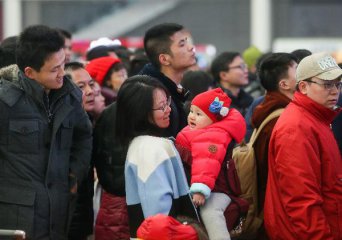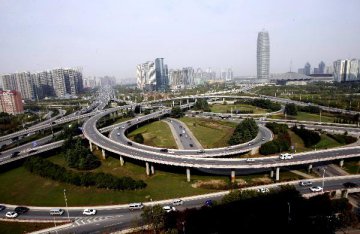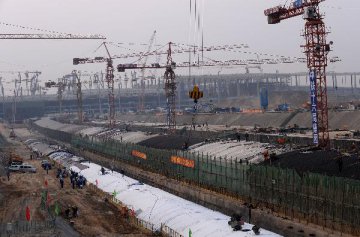
Fighting corruption and promoting economic growth were the two most notable achievements by the Chinese government in 2015, a Russian expert has said. The fight against corruption in China has been successful in an attempt to put officials back on the path of serving the interests of the country and society, said Andrei Ivanov, a research fellow at the Moscow State Institute of International Relations, in an interview with Xinhua.
"It also prevented the development of a dangerous trend of privatization of state by bureaucratic clans," Ivanov added. The expert also hailed China's solid economic development in the previous year. "Despite various problems and challenges faced by the country, China remains the driver of the global economy," he said.
China's economic restructuring poses challenges to its development, but "the Chinese government has a very realistic approach to solving the problems," Ivanov said. He expressed confidence in China's capability to reach its planned GDP growth of 6.5 percent in 2016. "This means that China will remain one of the fastest growing economies in the world," said Ivanov. "And quite possibly, by the time it completes its 13th Five-Year Plan, its leading role in the global economy will be further strengthened."
The expert also noted important regional development projects launched by China in 2015, such as the Asian Infrastructure Investment Bank (AIIB), the Belt and Road Initiative, and closer cooperation among countries in the BRICS and the Shanghai Cooperation Organization. These strategic projects will bring regional cooperation to a fundamentally different level, and bring about benefits to not only China, but many other countries including Russia, he said. Ivanov was also impressed by China's goal of transition to a green economy, which he said is "completely correct" given the acuteness of environmental problems in the country.
The expert also mentioned the end of the one-child policy in China. "This will make a huge impact on most Chinese families and will enable the country to start solving the problem of an aging population," he said.





















Latest comments